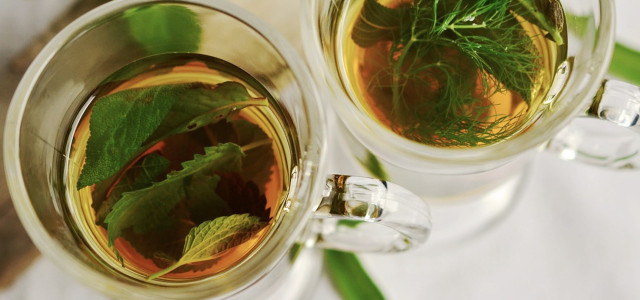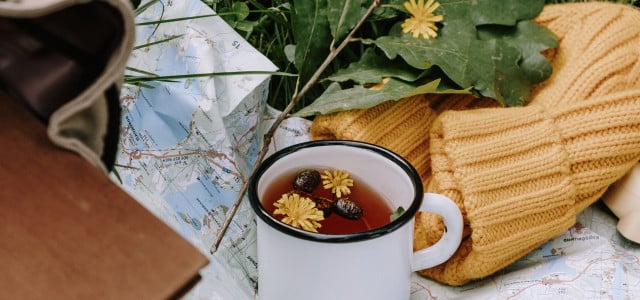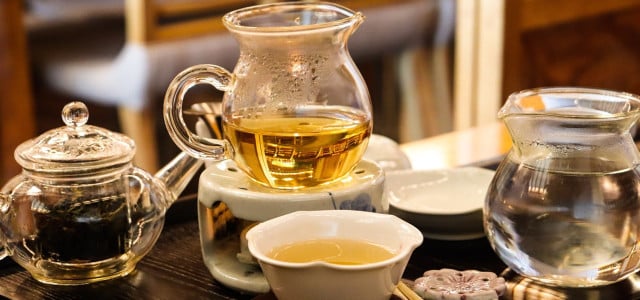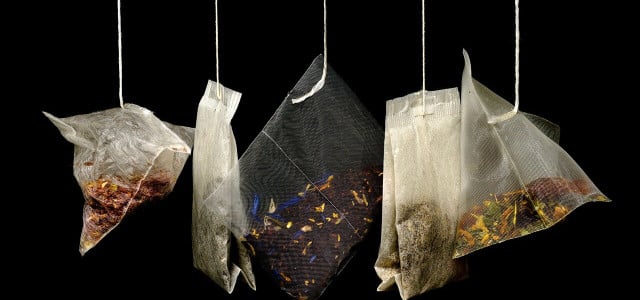Since nettles sting when you touch them, you might doubt nettle tea’s benefits and not want to drink it. But soaked or cooked nettle leaves lose their stinging properties and are great for culinary and medicinal purposes.
Stinging nettles are considered invasive weeds, even though all parts of nettle plants have been used in traditional medicine for thousands of years. Nettle tea benefits include treating urinary tract or bladder infections, period pain and inflammation. Here is how to drink nettle tea and what it can do for you.
Benefits of Nettle Tea:
- Nettle leaf may reduce inflammation arising from different health problems — inflammation is damaging to the body over the long term.
- Nettle tea is also traditionally used to treat high blood pressure.
- It helps treat pain associated with menstruation.
- It’s a natural treatment for hay fever.
- It provides natural diuretic effects.
- Nettle leaf tea also supports immune system function.
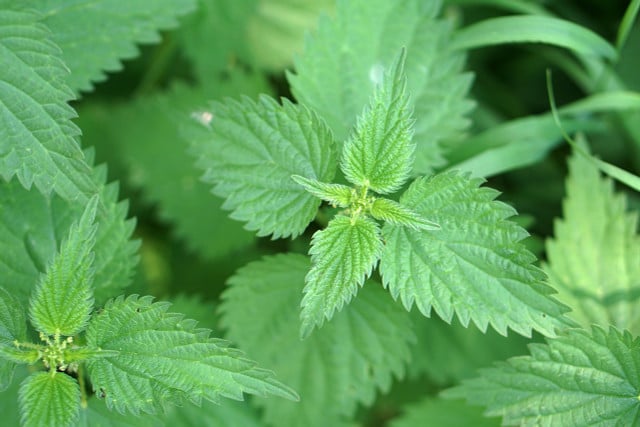


How to Prepare and Drink Nettle Tea
Preparation:
- Pour 1/4 liter hot water over about two heaping teaspoons of dried nettle leaves.
- Allow the tea to steep for about 10 minutes.
Usage:
Depending on which nettle tea benefits you’d like to experience, you should prepare it and drink it in different ways. Here’s how.
For a detox or cleanse: Drink about 1/4 liter every day for 4-6 weeks.
For inflammation: When the inflammation begins, drink a few glasses of stinging nettle tea throughout the day. You can stop the treatment as soon as your inflammation has gone down. In the case of a urinary tract or bladder infection, start drinking nettle tea at the first signs of discomfort. In such cases, keep in mind it’s best to seek immediate medical assistance from your doctor to prevent infections from spreading.
Skin treatment: Because of its anti-inflammatory and astringent properties, stinging nettle tea’s benefits include treating acne, psoriasis and dermatitis, as well as itchy skin. Steep some nettle tea leaves, let them cool, then use them to wash the affected area.
Nettle Is Not Just for Bladder Infections
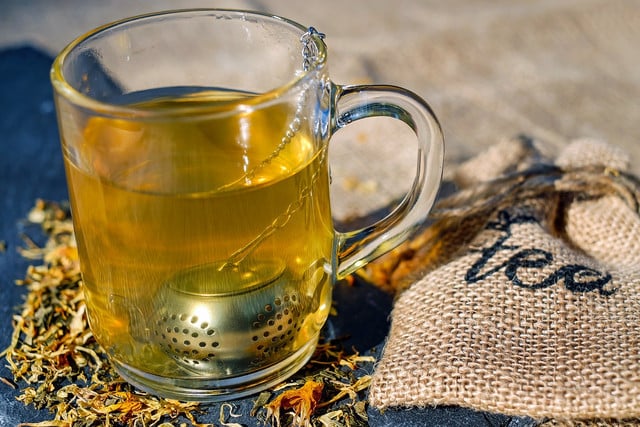


The medicinal properties of stinging nettle have been known since ancient times. You can use it as a home remedy for bladder infections or as an anti-dandruff soap. And thanks to high amounts of iron, calcium (six times as much as milk), vitamin A, magnesium and protein, nettle leaf has protected people from malnourishment in times of famine.
How to Harvest Nettle Leaves
Nettles grow practically everywhere. Even in cities, it’s often possible to find the plant growing in parks or gardens as a weed. Be careful not to harvest from areas close to busy streets or frequented by dog walkers.
When harvesting leaves for nettle tea, remember the following:
- Time: The ideal time to harvest stinging nettles is springtime, when the leaves of the plant are still young, tender and full of nutrients. Generally, harvest is possible between May and September.
- Hand protection: Stinging nettles are called “stinging” for a reason. If you touch them with your bare hands, it will hurt. Wear heavy gloves when you pick nettle leaves to avoid getting burned.
- Cutting: The young, tender nettle leaves near the top of the plant are best for culinary and medicinal purposes. After cutting, brush from the bottom of the stem to the top to get rid of the plant’s countless tiny stinging hairs.
- Dry: Tie all the stems together and hang them to dry in a well-ventilated, low-humidity area until the leaves are completely dry.
- Store: Once the leaves contain no more moisture, pick them off the stems and store your nettle te leaves in a can.
Side Effects of Nettle Tea
Stinging nettles are medicinal plants and should be consumed carefully. Although stinging nettle tea benefits are many, don’t drink more than four cups per day, and don’t drink it for longer than four to six weeks. Too much nettle can cause an upset stomach, diarrhea, sweating and skin rash.
Warning: Physicians are still debating if stinging nettle tea is safe to drink during pregnancy. If you are pregnant, do thorough research and speak with your doctor about whether or not nettle tea is right for you.
Want to learn more about sustainability and the environment? Follow us on Instagram or Twitter!
Important Information regarding Health-related Topics.
** Links to retailers marked with ** or underlined orange are partially partner links: If you buy here, you actively support Utopia.org, because we will receive a small part of the sales proceeds. More info.Do you like this post?






